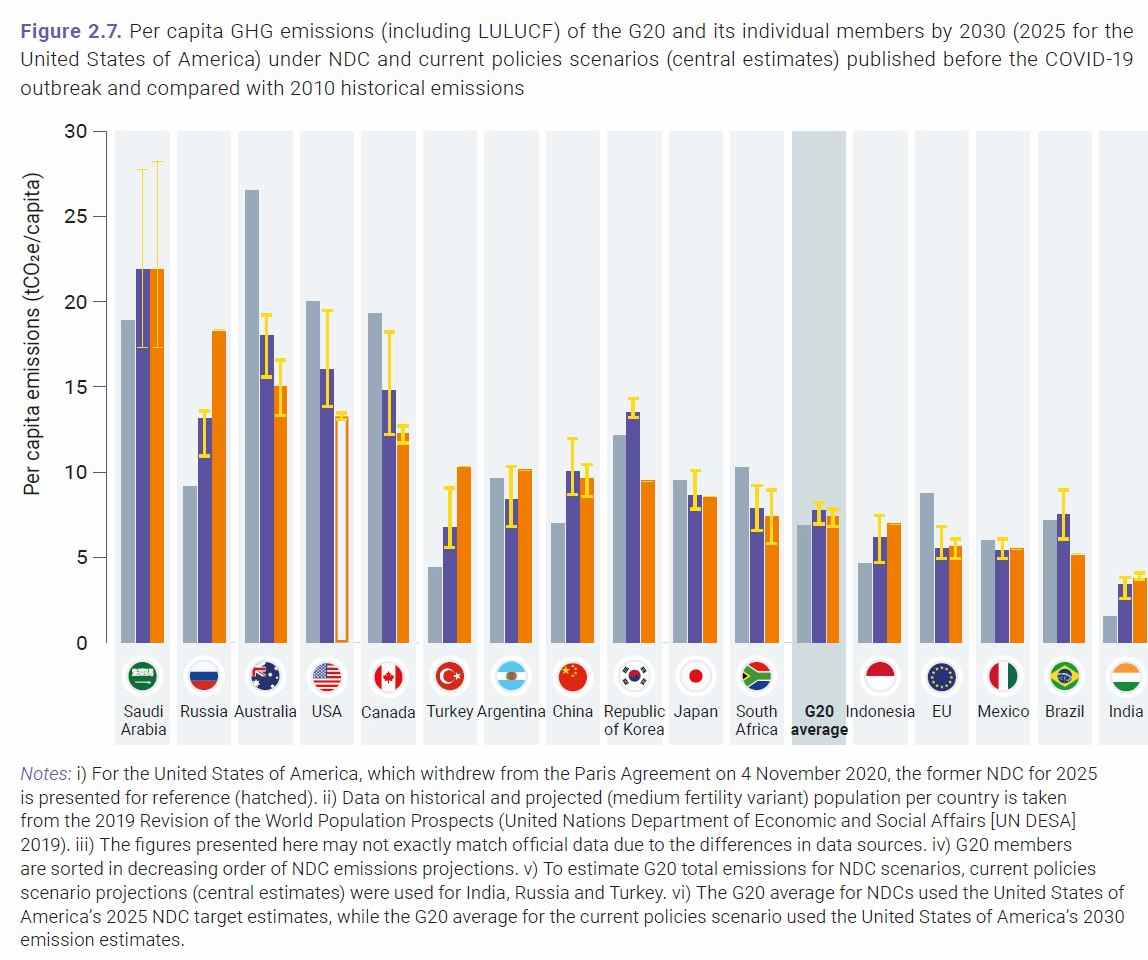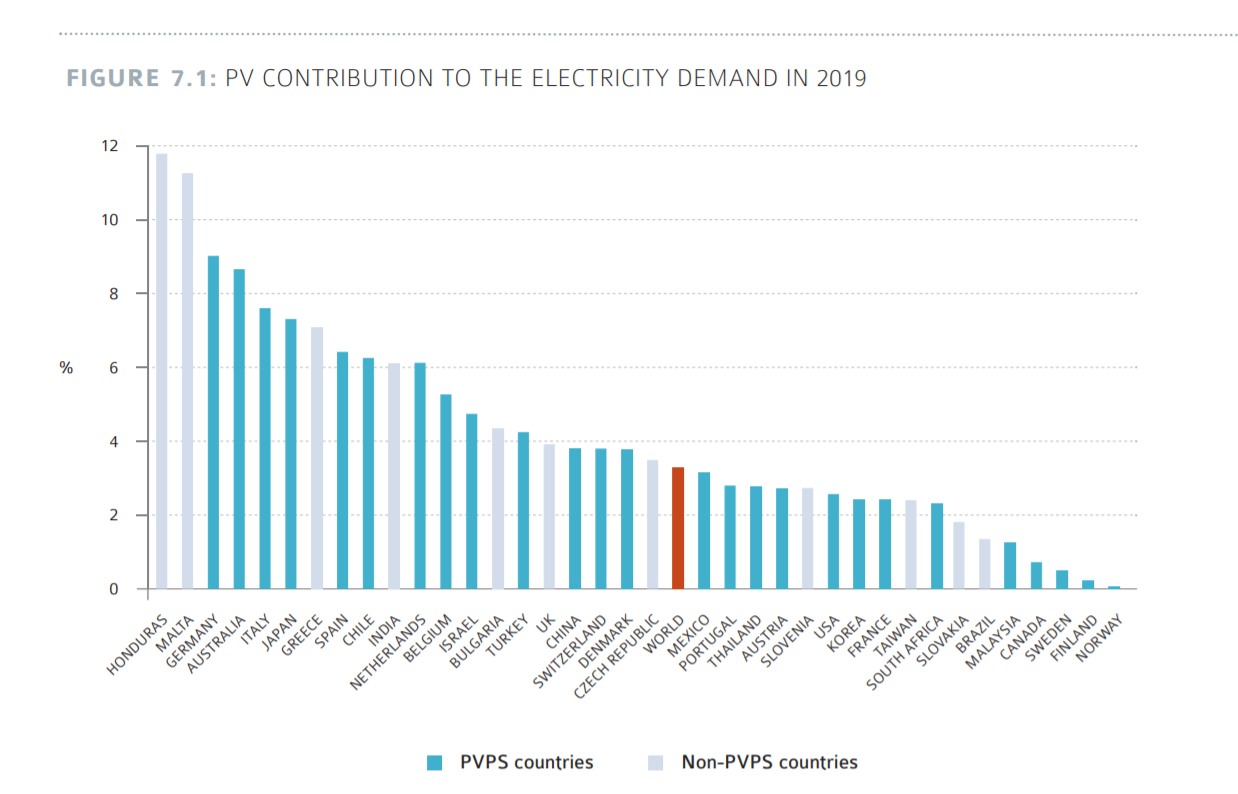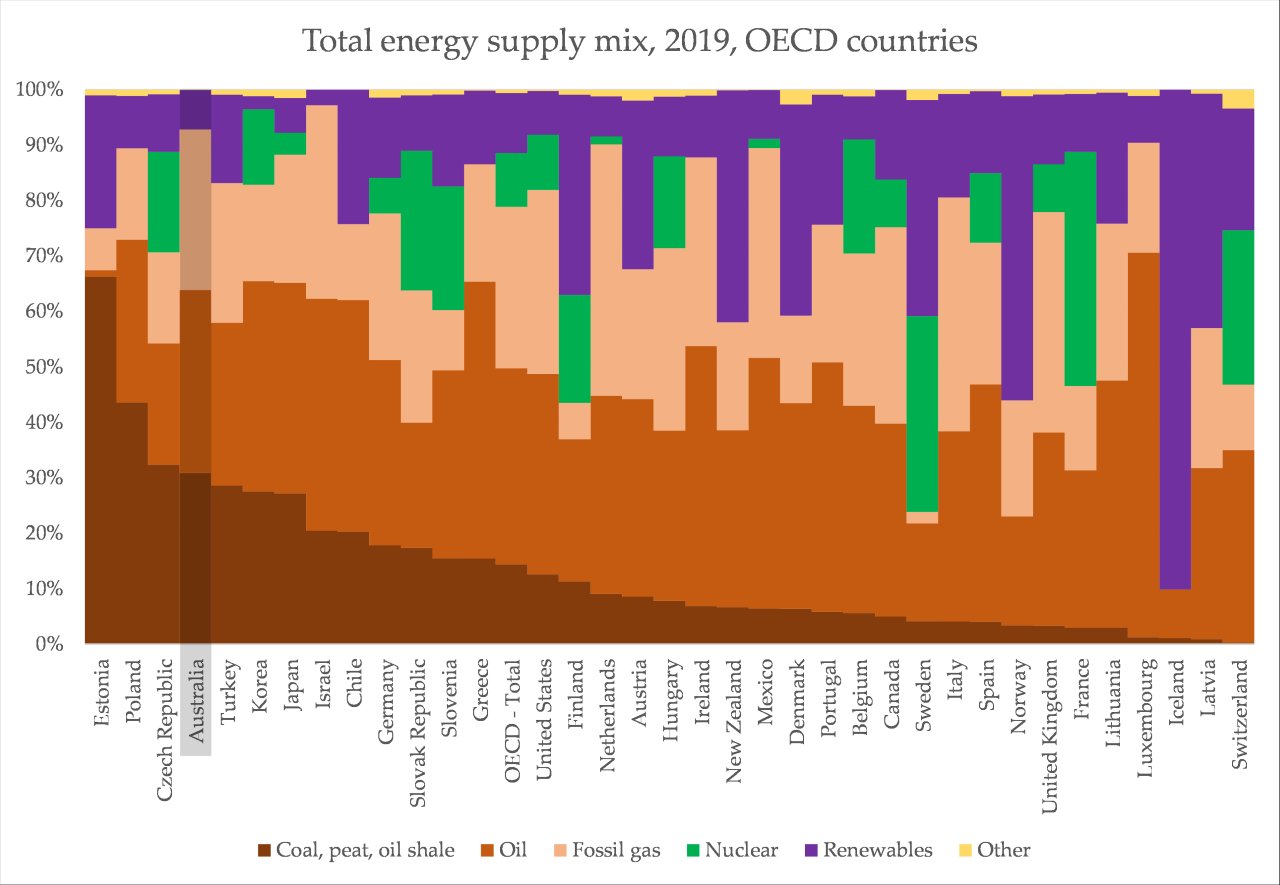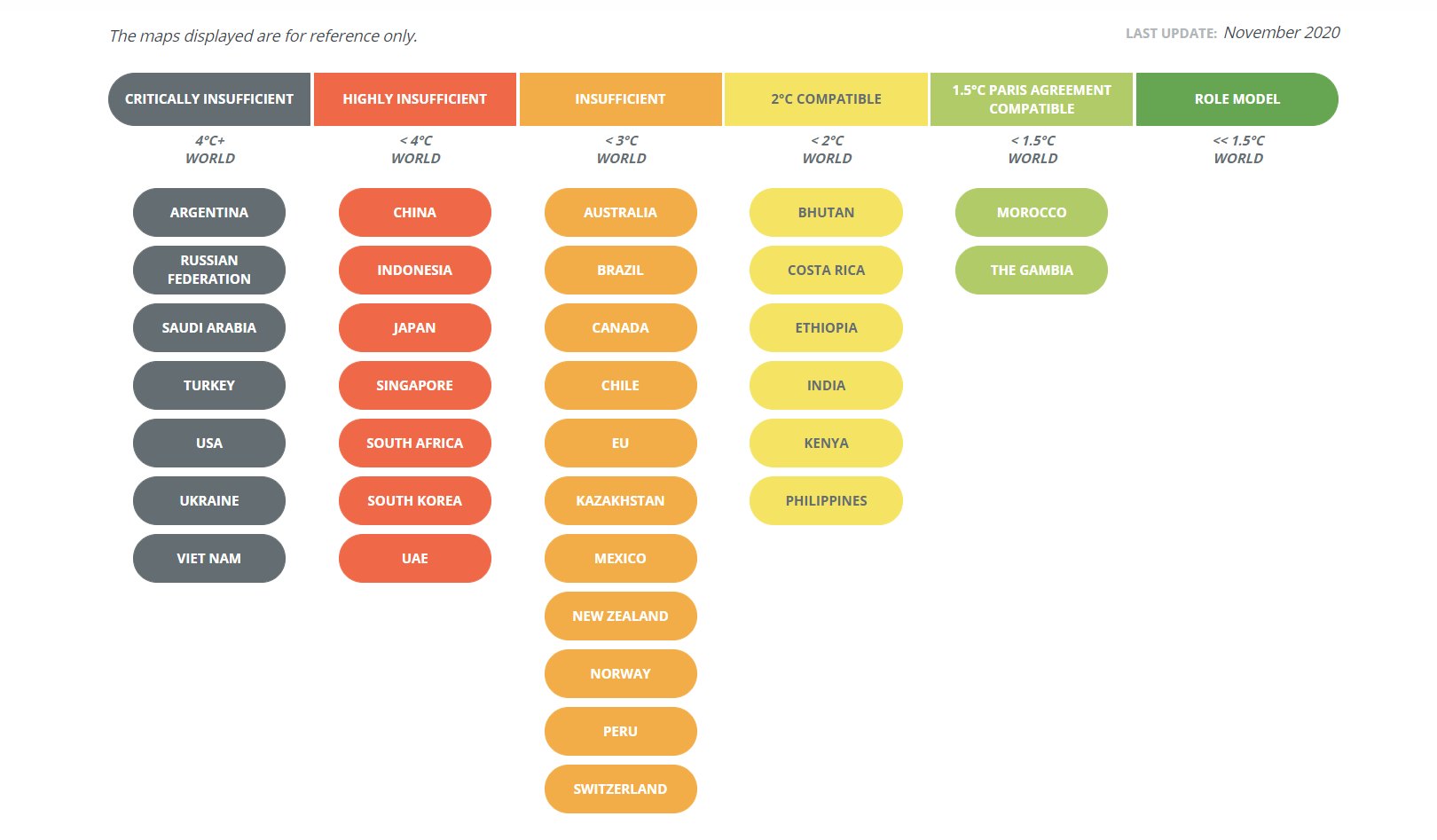At some point in the previous decade, the public acceptability of denying climate science disappeared, followed quickly by the acceptability of doing nothing to reduce emissions. Since then, much of the effort of Australia’s government on climate has focused on trying to create the illusion of progress.
This has often manifested as Australia’s Energy and Emissions Reductions Minister, Angus Taylor, presiding over a collection of infuriating rhetorical tricks to try and frame each new release of emissions data as vindication of the idea that Australia is ‘doing well’ on climate. Switching between unadjusted and adjusted emissions, or per-capita and absolute, or selectively comparing to previous quarters – it’s all there. At one point, Angus Taylor even pleaded that if you ignored the sectors that are rising, emissions are actually falling. It’s inventive, at least.
That effort has diminishing returns. The proportion of Australians who think that the government isn’t doing enough on climate change is high, and hasn’t really shifted much, except during COVID19, when climate has disappeared from the news. Prime Minister Scott Morrison would rather not talk about the topic at all, and COVID19 has delivered.
That won’t last long. The 26th Conference of Parties (COP26) in Glasgow is around the corner, and countries are suddenly glancing sideways at each other in the lead up to the five year (ish) check-in for the Paris climate agreement. This means Australia’s government needs to dust off its old tricks and figure out how to convince the world it’s doing far better on climate than it actually is.
A practice run just happened before our very eyes, in the election campaign for Australia’s former finance minister and now successful new Secretary-General of the Economic Co-operation and Development (OECD), Mathias Cormann.
An extreme makeover
Cormann’s campaign to lead the OECD was dogged by action from environmental groups armed with a long, detailed list of every action he took to actively dismantle Australia’s climate policy (some more successful than others). Cormann’s response was to arm himself with a rebuttal.
“Cormann traversed the world for the past six months with a colour-coded spreadsheet in his hand listing all the commitments of OECD members to greenhouse gas emissions targets and what they had actually achieved. It was a graphic representation of nations’ climate change commitments and performance. And when it came down to targets reached, Australia’s performance stood up well against some other members. The red, blue and green colour-coded chart changed perceptions.”, reported The Australia’s Dennis Shanahan.
No, we don’t get to see the “spreadsheet”. It’s a little baffling, because Australia was given a free kick in Kyoto (allowed to actually increase emissions in the first period and not do much in the second period), and its current emissions reduction target only comes into effect from last year onwards. If we assume the Paris 2030 target were to take effect from 2015, Australia would be badly off track. What is more likely is that the data were massaged to inflate Australia’s ambition. One version of this was recently trialled by Angus Taylor, who tried to present this narrative by framing emissions targets as “per capita” rather than in absolute terms:
Can someone explain to me how Taylor’s spokesman builds his argument here? I’m in a limbo; I don’t trust it, but I can’t prove it wrong. https://t.co/bdMYJuxaEh pic.twitter.com/sFuaTsL0Qk
— Rune Woldsnes (@woldsnews) January 5, 2021
Taylor used this very silly comparison when justifying the decision to not submit an updated 2030 target last December, and it’s very clear that the lines have filtered through to Cormann. In an interview with the ABC’s Radio National program, Cormann repeated essentially the same claim:
“The Australian emissions reduction target for 2030 seeks to secure a reduction by 50% on a per capita basis in emissions. By two thirds in terms of the emissions intensity of the economy. It’s one of the leading targets, you know, on that basis”
Part of the reason this is so weird is because baking predictions of population or economic growth into the Paris 2030 targets is very rare indeed. In fact the only time it seems to have been done is buried deep in a the 2020 United Nations emissions report, which nicely shows that because Australia has one of the highest per-capita carbon footprints in the world, the 2030 target seems relatively ambitious, whereas countries with far lower emissions intensities have less far to fall:

In fact, the OECD’s own data shows, quite nicely, that Australia is number one for greenhouse gas emissions per unit of capita, and number two for emissions per GDP (it also shows that only Estonia, the Czech Republic and Poland have higher shares of coal than Australia, among member countries; it is 2nd only to Israel for total share of fossil fuels).
Chances are, we’ll see more of the ‘per capita’ line. It’s relatively new, in terms of being used to describe climate targets, but it’s essentially impossible to properly scrutinise, because we simply don’t know how any of these calculations are done, or what assumptions are made. That is, of course, the point. Other lines are far more familiar.
Bringing back the classics
Cormann also uses a few tried-and-tested lines. “We are on track to meet our 2030 emissions reduction target”, he told ABC’s RN Breakfast. That’s not true – Australia’s latest government projections show Australia will miss them. Pretty badly.
Cormann also leans heavily on Australia’s rapid renewable growth over the past decade, driven almost entirely by government schemes directly opposed by the Liberal-National party over that same decade. “In Australia, our reliance on renewable energy has significantly increased and we have we have the highest penetration of rooftop solar in the world. I mean, we are at about a quarter of our energy coming from renewable energy sources”, he said.
It is true that Australia is a world leader in the deployment of rooftop solar, but the latest data from the International Energy Agency’s PV report places Australia at number four, in terms of the percent of contribution to electricity demand, despite it ranking first in PV deployments per capita. This is because Australia also happens to use a lot of electricity per person.
 Back in 2014, Cormann argued that Australia’s renewable energy target should be changed to a hard upper limit of 20% of predicted 2020 electricity demand, instead of an absolute quantity of energy regardless of demand. Effectively, it was an attempt to lop off a significant chunk of government-supported new renewables. The widely popular support for rooftop PV was nervously left untouched; all while trying to cram the Renewable Energy Target back in the box.
Back in 2014, Cormann argued that Australia’s renewable energy target should be changed to a hard upper limit of 20% of predicted 2020 electricity demand, instead of an absolute quantity of energy regardless of demand. Effectively, it was an attempt to lop off a significant chunk of government-supported new renewables. The widely popular support for rooftop PV was nervously left untouched; all while trying to cram the Renewable Energy Target back in the box.
In general, Australia has deployed a decent proportion of renewable energy in the electricity grid – thanks to the RET. If Cormann had had his way, it would have been far, far less.
During the ABC interview, Cormann even brags of having championed climate in his maiden speech to parliament, in 2007. He did….in a way. “We are blessed with immense reserves of clean energy in the form of gas and uranium. No other place in the developed world has such reserves”, he said. “Each unit of clean energy exported from Australia reduces the consumption of less clean energy in China and elsewhere and, therefore, reduces greenhouse gas emissions”. Ah yes, that old chestnut – ‘exporting gas reduces emissions’. It does not – gas contributes to climate change, when it is burned. Exporting actual clean energy would displace fossil fuels – including gas.
The end of the fair share
As many have pointed out, the OECD is not exactly a global leader in climate action, nor is it particularly influential on global climate issues. But Cormann’s testing of messaging to present Australia as over-performing on climate is meaningful as part of a broader push to argue Australia ought to do less than its fair share of the climate task.
Cormann implies this during an interview with the ABC’s 730 program, when asked about his role in axing Australia’s carbon pricing scheme in 2014:
“Ultimately what matters is the net contribution that each part of the world makes to the overall global effort. For ambitions and effective action on climate change to be truly effective it needs to be globally coordinated…..but we’ve also got to recognise that different parts of the world have different opportunities to contribute to that global effort”
This is exactly what the Howard government did at Kyoto in 1997. I think it’s increasingly clear they’re banking on being able to do exactly the same kind of thing again. https://t.co/do2bqoc1yc
— Emma Shortis (@EmmaShortis) March 16, 2021
Cormann’s effort to secure the head OECD role is meaningful largely for how it outlines the key arguments that will be used by Australia to justify doing far less than its fair share on climate, in 2021, rather than taking responsibility.
Equity is baked into the Paris climate agreement, meaning wealthier, high-emissions countries should be picking up the slack instead of burying themselves deeper into climate harm.
It is on this equity basis that most climate experts and analysis groups compare the performance of different countries. Australia is ranked as ‘insufficient‘, in Climate Action Tracker’s well-regarded analysis of the numbers and current targets.
The 2030 target is incredibly weak, and many other countries around the world are ramping up their near-term ambition. Australia is being left behind, with very, very few places to hide.
At COP26, Australia’s government will argue it is performing well. ‘It has an ambitious 2030 target’ (based on per capita, of course), ‘It is going gangbusters on solar and wind’ (despite the best efforts of its current government, not because of them), and that will be used to argue ‘it doesn’t need to do its fair share on global emissions reductions – it actually should do less’. Cormann, meanwhile, is already delivering – arguing that the European Union should not implement carbon border tariffs so deeply loathed by Australia’s government. “There are many downside implications for global trade and the world economy which would flow from the introduction of new trade tariffs,” he said. “It would be much better to achieve global net zero emissions by 2050 on the basis of everyone making the appropriate effort in their respective jurisdictions”.
If history is any guide, there’s even a chance that that tactic will work, and Australia will walk away with weak, insufficient climate targets, and a licence to pollute.










